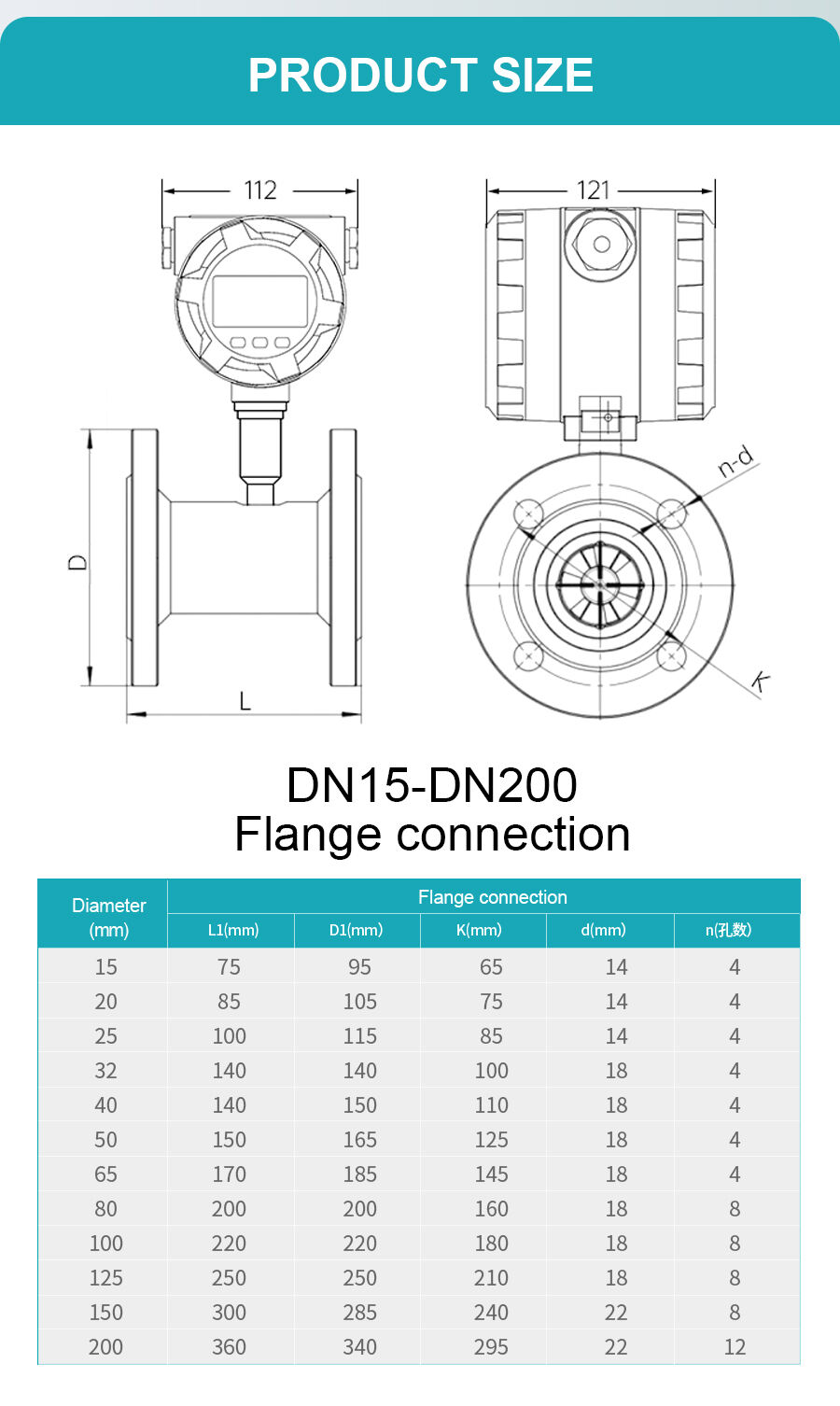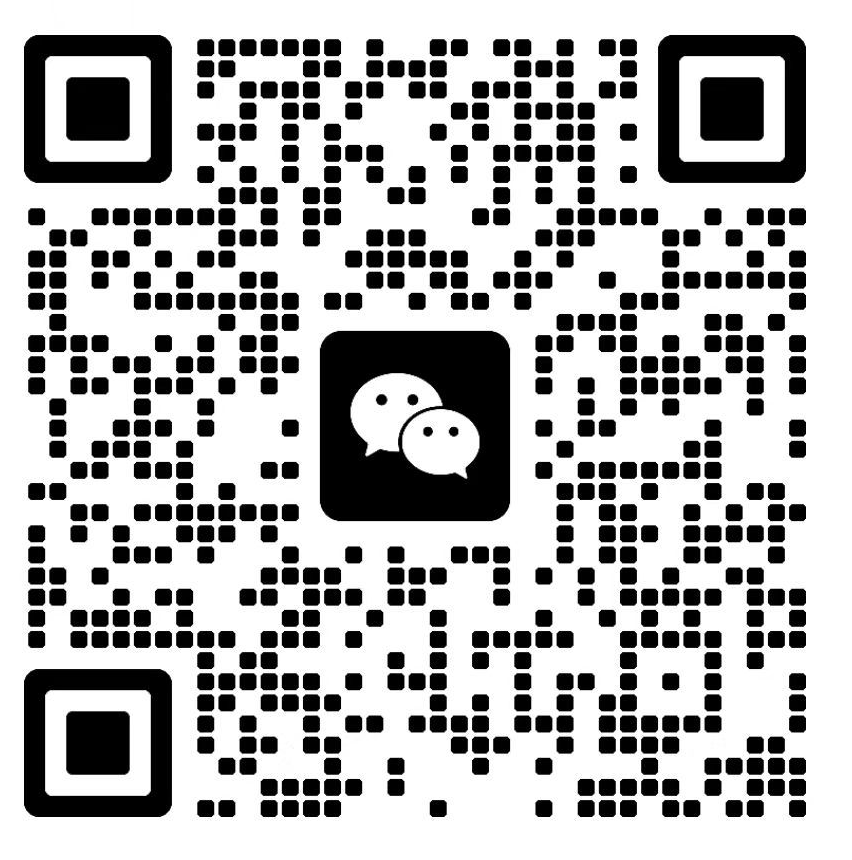radaraanmetingsinstrument
'n Radarpeilmeting is 'n gesofistikeerde meetinstrument wat elektromagnetiese golwe gebruik om die vlak van verskeie stowwe in tenks, vate en bergingshouers te bepaal. Dit werk volgens die beginsel van Tyd van Vlug (ToF), waar hierdie toestelle mikrogolfseine uitstraal wat van die oppervlak van die gemeetde materiaal af weerkaats en terugkeer na die sensor. Deur die tyd wat die sein neem om te beweeg te bereken, bepaal die toestel presies die materiaalvlak. Moderne radarpeilmetings inkorporeer gevorderde seinverwerkingsalgoritmes en robuuste hardewarekomponente om akkurate metings oor uiteenlopende industriële toepassings te verseker. Hierdie meters presteer uitstekend in uitdagende omgewings waar tradisionele meetmetodes mag misluk, en bied betroubare werking onder omstandighede wat stof, damp, wisselende temperature of drukveranderinge behels. Die tegnologie ondersteun beide kontinue peilmeting sowel as puntpiel-opsporing, wat dit veelsydig maak vir verskeie industriële behoeftes. Radarpeilmetings kan materiale meet wat wissel van vloeistowwe en slurry's tot bulksoliedes, met meetbereik wat gewoonlik strek van 'n paar duim tot meer as 100 voet. Die nie-kontak aard van radar-meting verseker langtermyn betroubaarheid en minimale instandhoudingsvereistes, aangesien daar geen bewegende dele of direkte kontak met die gemeetde materiaal is nie. Hierdie toestelle het dikwels gebruikersvriendelike koppelvlakke, digitale skerms en verskeie uitsetopsies vir naadlose integrasie met bestaande beheerstelsels.













